junior gauge " magnetic fuel level diesel fuel gauge"
Junior gauge " magnetic fuel level diesel fuel gauge": The functions that can be implemented include water shortage protection, no water alarm, waterproof overflow, high fuel level reminder, etc., which are quite practical.
What is the function of a fuel level sensor in a car?
The basic function of the fuel level sensor is to detect the fuel level, which can achieve functions such as low water maintenance, no water alarm, moisture-proof overflow, and high fuel level prompt. Select a fuel level sensor to detect the fuel level. If it is clear that the fuel level needs to be maintained at the corresponding position, install the fuel level sensor at the corresponding position. For example, it is necessary to accurately measure the fuel level at the bottom of the vessel and provide a signal prompt when the fuel level is detected to be absent. So when the vessel is in a fuel state, the sensor operates normally, but when the fuel level lands to a low level, the fuel level sensor detects a change in industrial control equipment and generates a signal prompt or alarm. (Integrated optical fuel level sensor) The fuel level sensor can also cooperate with the device controller to complete the fully automatic water adding function, such as a floor washer, sink dishwasher, water purifier, etc. When the fuel level is detected to reach a fixed position, the gate valve for adding water or leaking water can also be opened based on the output signal of the fuel level sensor. Another fuel level detection method can be used to detect the high fuel level when manipulating the rising fuel level, which can achieve how much fuel level control can be achieved.
(Split type optical fuel level sensor) fuel level sensors include various types of measurement methods such as optics, ultrasound, radar detection precision measurement, floating balls, capacitors, etc. fuel level sensors can be used in electrical products, medical machinery, chemical instruments, automotive fields, etc.According to the effectiveness of sensors, they can be classified as functional sensors that measure temperature, working pressure, total flow rate, location, gas concentration, rate, glossiness, dryness, pitch roll/level/speed ratio, etc. They each fulfill their responsibilities. Once a certain sensor fails, the corresponding equipment will malfunction or even not start during operation. Therefore, the effectiveness of sensors in cars is very important. Automotive sensors, which used to be purely used in automotive engines, have now expanded to include electrical control systems for automotive chassis, body, and lighting effects.
 English
English 
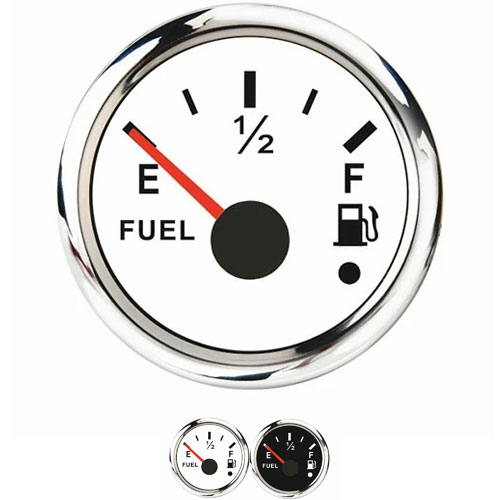

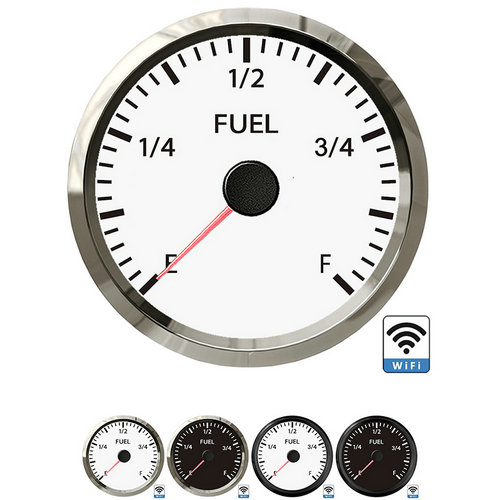
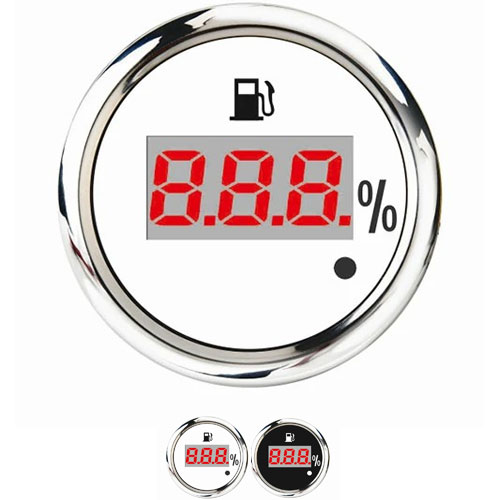
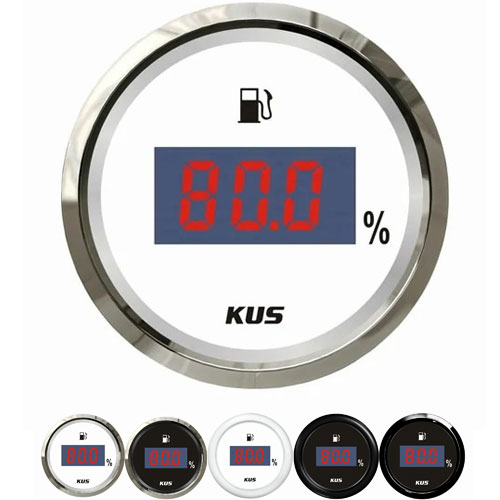
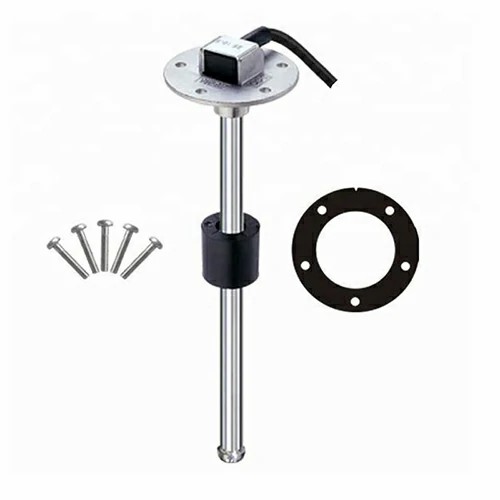
Get a Quote / Info